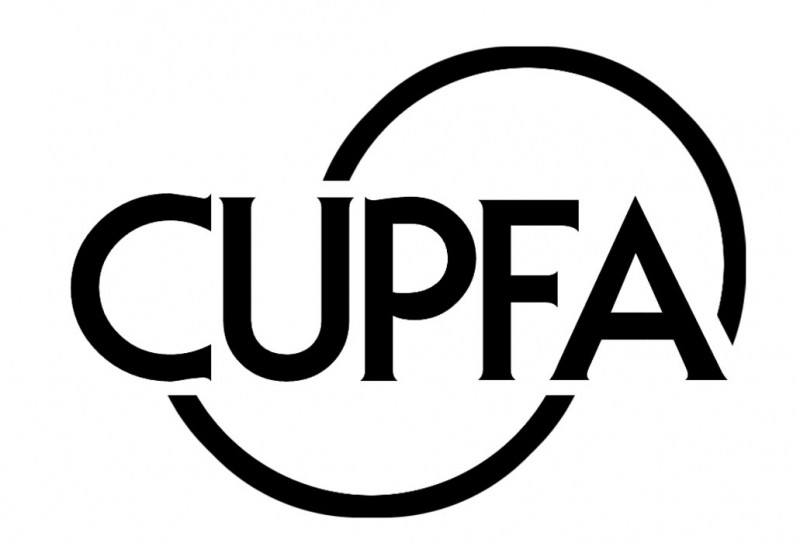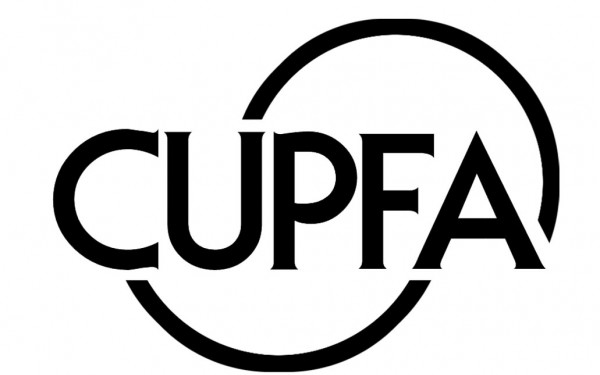Concordia Part-Time Faculty Contemplates Strike Mandate
Determined to avoid a repeat of their last round of contract negotiations, which ended after seven years of deadlocked discussions, Concordia’s part-time faculty union will vote this Sunday on whether to adopt an unlimited strike mandate.
“We really haven’t made too much progress at the table, which is unfortunate,” said David Douglas, chair of communications and a member of the bargaining team for the Concordia University Part-Time Faculty Association.
CUPFA’s collective agreement, which was signed after the union began rotating strikes in their sixth year of negotiations, expired at the end of August.
Union representatives have met over ten times with the university since this summer, but they haven’t made much progress, Douglas said. “The overall speed is tediously slow.”
If part-time faculties approve a strike mandate on Sunday, the union will be able to take a variety of labour actions, from running advertisements or holding demonstrations, to a full strike if negotiations deteriorate.
“Nobody wins in a strike, that’s for sure,” said Douglas. “We’re not there yet, and we hope that the university can see that it’s not in anybody’s interest to go there.”
Douglas said CUPFA is hopeful that Concordia’s new president, Alan Shepard, will be able to hasten negotiations.
“We’re not going to wait another seven years. That’s not acceptable to us. And I don’t think it would be acceptable to our new president.”
So far, he said, the union has been happy with their discussions with Shepard.
“One of the issues we’ve had with the university is about the implementation of our last collective agreement—things that we agreed to three years ago that we have yet to see put into place, or satisfactorily respected.”
—Chair of Communications & Member of CUPFA
Bargaining Team David Douglas
“We’ve had very excellent conversation with him. I think he understands some of the concerns that we have. But I think he has a decision to make about the direction [of negotiations] and how he feels about it.”
Still, the slow pace is frustrating, Douglas said. “This is our fourth collective agreement. By the time you get this far along, things should be more or less ironed out.”
Much of the meeting time so far has been dedicated to setting up a protocol for further negotiations, and to settling a variety of grievances left over from the last collective agreement.
“One of the issues we’ve had with the university is about the implementation of our last collective agreement—things that we agreed to three years ago that we have yet to see put into place, or satisfactorily respected,” Douglas explained.
These include grievances related to pensions and paid leave.
“It’s kind of a grab bag of things, but what they add up to is a questioning of the respective agreements that have been signed,” he said.
“What we’re saying to the university is we need to see action on these, or else how can we have the faith to go forward about other things? If you’re not going to respect this collective agreement, why would you respect the next one?”
Whether or not the union approves a strike mandate, Douglas said he hopes the union’s concerns can be resolved through negotiation.
“As long as we’re making meaningful progress at the table, we’ll move forward. We take very carefully our position as educators—we’re not making widgets, we’re creating the society of tomorrow.”





WEB_600_375_90_s_c1.jpg)
_1_600_375_90_s_c1.jpg)
